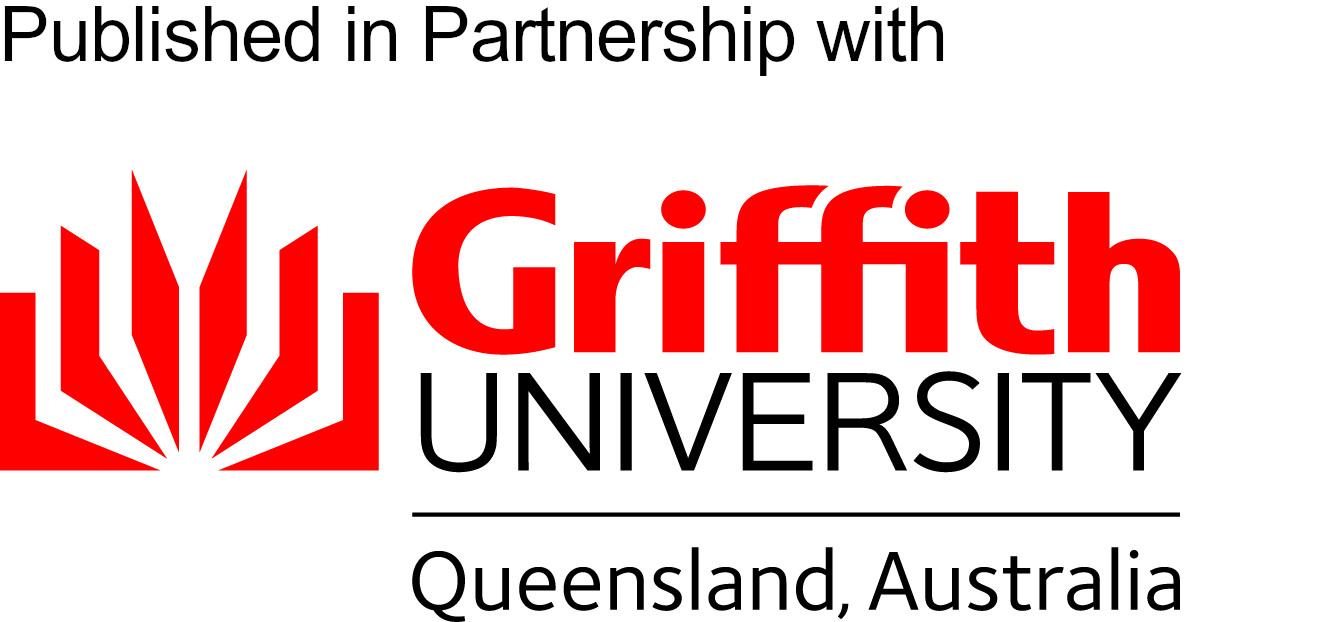Tea and Sympathy
Foundations of the Australia/China Trading Networks
DOI:
https://doi.org/10.1017/S1321816600001124Keywords:
Australia/China trading networks, Australian Agricultural CompanyAbstract
In 1824, a group of London businessmen established the Australian Agricultural Company (AAC), Australia's oldest chartered company. Their prospectus listed amongst their objectives, after the raising of sheep and cattle, the production ‘at a more distant time, of Wine, Olive-Oil, Hemp, Flax, Silk, Opium, &c. as articles of export to Great Britain’. In 1828, a local manager reported that he thought that ‘if the labour of the Blacks can be procured for the operative part the culture [of opium] would likely prove profitable to the Company.’ And in 1833, the Australian manager of the company sent the London Board a sample of the first opium grown on company lands in the Hunter River area. The board had it evaluated by a pharmacist, who reported that it was ‘of fair, merchantable quality, about equal to Egyptian Opium. — It contains two thirds of the quantity of Morphia usually found in the best Turkey Opium. In this market, when Turkey Opium is worth 15s./ p lb., we have no doubt that such Opium as your Sample would sell for 14s/ p Ib. On the basis of this disappointing assessment, the Australian Agricultural Company abandoned opium growing — and opium growing was abandoned in Australia for another hundred and fifty years.
References
Australian Agricultural Company, Court of Directors, Minutes, 160/89, vol. A, 26 November 1824, p. 58. N.G. Butlin Archives, Australian National University.
117/7. Index of Correspondence, Letters under the word ‘Opium’, A.240. 2 April 1828.
1/16. Despatches and letters from the Court of Directors, London, to Sir E. Parry, 1829–1834. DP100a. Court to Parry, Despatch no. 37, 21 June 1833, and Enclosure, DP 100b. David Taylor & Sons to John Abel Smith MP, Copy, Inclosure D to Despatch 37.
In particular by Fry, H.C., “Cathay and the Way Thither”: The Background to Botany Bay’, Historical Studies, vol. 14, no. 56, 1971, pp. 497–510; Roe, Michael, ‘Australia's Place in the Swing to the East, 1788–1810’, Historical Studies, vol. 8, no. 30, 1958, pp. 202–13. Google Scholar
See, e.g., Clyde Company Papers, vol. 1, p. 30. ‘the settler who required a full day from his assigned servants had … to pay them £10 a year, or not quite so much if he clothed them. These wages were often taken out in tobacco, tea, sugar and vegetables, which were extra to the fixed ration of — in 1820 — 10 ½ 1b. of meat each per week, and one peck of wheat; but tea and sugar were as frequently part of the regular allowance …’
Maloney, John, Memoirs. MS 4370. National Library of Australia.
How he managed to gain Portuguese citizenship remains unclear, but the Portuguese Court and government-in-exile was based in Rio, and he had access to them in 1809 during the voyage back from Sydney.
Davidson was inducted as a Freemason on his return to London in 1824. Masonic lodges were important throughout the informal British trading empire, particularly amongst expatriate Scots.
Duncan, W. A., Autobiography, Mitchell Library.
Hosea Ballou Morse, The Chronicles of the East India Company trading to China. Oxford; Clarendon Press, 1926, vol. 1, p. 307.
For Robert Towns, see Robert Towns Papers, Mitchell Library; for John Thacker and Charles Swanston, see Jardine Matheson Papers, Cambridge University Library. Although he dealt with another China trader, John Thacker was also part of the Davidson network, marrying the daughter of Davidson's nephew, Edward Hamilton.
Canton Register, 26 November 1839.
Morse, p. 319.
The Times, 17 November 1863.





